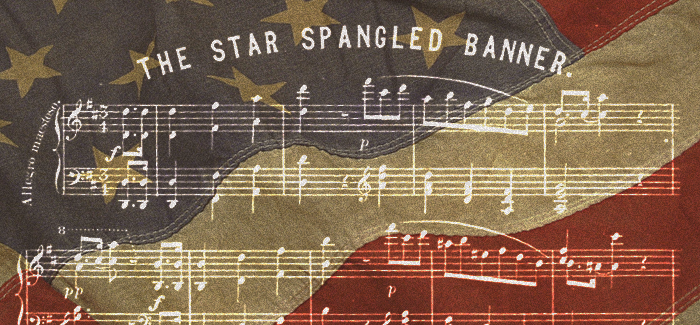
Leon and Amy Kass develop an online curriculum that inspires insight into the national soul.
For decades Leon and Amy Kass were loved and lauded by teachers, but finding that out firsthand wasn’t easy. “We taught in small classes, maximum 25 students. We liked to see the faces of the people,” says Leon Kass, U-High’54, SB’58, MD’62. “We didn’t lecture in Chicago.” What they offered was “a way of taking the great books seriously, not as sources of answers, but as sources of questions,” says their former student Yuval Levin, AM’02, PhD’10, editor of the journal National Affairs.
Now countless students can explore the big questions with the Kasses’ help without having to come to Chicago or even go to college. The Kasses launched a website last year, What So Proudly We Hail, that offers high school teachers curricula designed to get students thinking about what it means to be an American. The project—which includes free lesson plans, discussion guides, video conversations, and e-books—follows their 2011 anthology, What So Proudly We Hail: The American Soul in Story, Speech, and Song (Intercollegiate Studies Institute). But the enterprise was really born just a year after the pair began their long careers at the University.
“In 1977 we started the Human Being and Citizen course, which asks the question: what is the excellence of the human being, what is the excellence of the citizen, and are they in tension with one another?” says Amy Kass, AB’62. The couple taught the Common Core course for more than a quarter century, but over time—especially after the terrorist attacks of September 11, 2001—it became “more urgent,” as Amy puts it, to place that debate in the specific context of the United States.
“We think, notwithstanding the political differences between left and right, the fate of this country is important to everybody,” Leon says. “The principles and ideals of this country are important to everybody, even if different groups will emphasize different ones amongst them.”
The Kasses moved to Washington in 2001 after George W. Bush appointed Leon chair of the newly formed President’s Council on Bioethics, a position he held until 2005. He had council members read and discuss the Nathaniel Hawthorne story “The Birth-Mark,” about the quest for human perfection.
Hawthorne can be found on the new website—along with George Washington, Mark Twain, Willa Cather, Cornel West, John Updike, Barack Obama, and more. Francis Scott Key and Irving Berlin are joined by Johnny Cash (“Ragged Old Flag”) and Stevie Wonder (“Happy Birthday”). The emphasis on imaginative literature in a curriculum like this is “indispensable,” Leon says, “because developing citizens is a matter of both the heart and the head. … It’s the poets that shape the souls and form the community.”
The Kasses retired from the University in 2010, but this project allows them to reach more students each year than they ever could have in their small seminars at Chicago—which is why they overcame their initial reservations about it. “We are not virtual people. We like real life, living, and synchronous conversation,” Leon says. “But we were encouraged to think we had this material and ought to find some way of joining the new age and try our hands at a digital learning project.” Technology wasn’t their only challenge: “We were obliged to write study guides for the stories we used on the meaning of America. We’d never done that before,” Amy says.
To help in that task, Leon says, “we put together an advisory council of outstanding teachers from around the country, including several of our former students from the University.” Some of these high school teachers have written lesson plans and study guides, using feedback from their own students to shape the material. Laura Gallinari, AB’98, an English teacher at Fenwick High School in Oak Park, Illinois, wrote the lesson on Benjamin Franklin’s “Project for Moral Perfection.” Her students kept journals, as Franklin did, tracking their progress at making habits out of their own chosen virtues, with surprising candor.
Gallinari uses strategies straight from the Kasses’ Chicago classrooms to get students engaged enough to “conduct their own serious examination of the material and struggle to develop their own connections and conclusions.”
The Kasses care about the great books, but they care about the people reading them even more. “They’re just deeply interested in the souls of young people,” says Levin, the author of The Great Debate: Edmund Burke, Thomas Paine, and the Birth of Right and Left (Basic Books, 2013). The site includes a video conversation with his old mentors about Hawthorne. “They have a very high opinion of their students—often a higher opinion than the students themselves do,” he says. That inspires pupils to try to prove them right.
“I think it’s very straightforward,” affirms Leon. “Put the best materials you can in front of people, ask genuine questions that promote real thoughtfulness, believe that people, if you treat them as better than they think they are, will rise to the invitation.”
